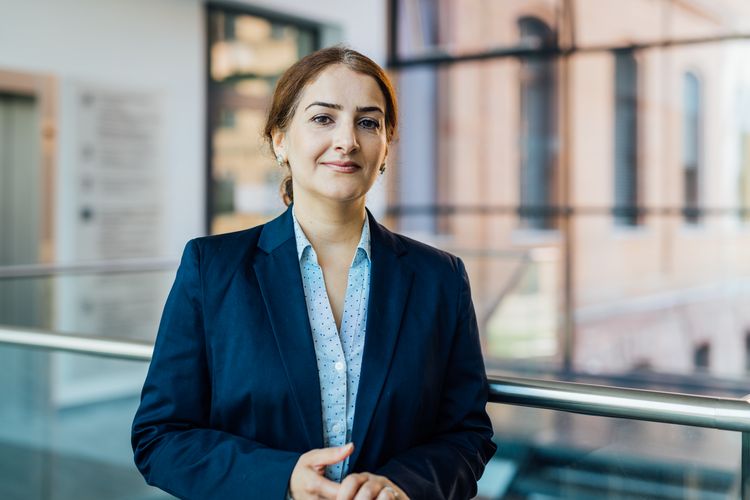The primary goal of the Leipzig research group is to combat visual impairment and blindness. Dr Hosseinzadeh explains: “We want to use human stem cells to create a retina that can be used to replace the damaged retina in patients. Or take the body’s own cells and use them in the injured section. In addition, we at the Faculty of Medicine want to contribute to the laboratory testing of drugs for the diseased retina made from patients’ stem cells. This means that in future it will be possible to use the most effective drug with the best dose for the retina and to tailor the treatment specifically to the individual.”
Over the next few years, the ERC Starting Grant will help the Leipzig scientists to steer the future of stem cell-derived retina technology in a new direction. For this purpose, processes underlying the functional maturation of the retina during development are recorded with spatiotemporal precision. A model combines the information obtained and decodes it into retinal organoids, replicas of the retina, to provide the electrophysiological events necessary to generate functional retinal organoids.
One in four people in Europe older than 60 affected
The eye is like a camera and the retina at the back of the eye is the film. The sensitive membrane of the retina contains a vast number of photoreceptor cells that are activated by exposure to light. The way the retina works is what allows us to see the world. According to the World Health Organization, more than one billion people worldwide suffer from visual impairments in which the retina is irreparably damaged. These include, for example, age-related macular degeneration (AMD), diabetic eye disease (DED) and retinal vein occlusion (RVO). According to the European Society of Retina Specialists, AMD affects one in four Europeans over the age of 60. The number of cases of the disease is expected to increase by 20 per cent by 2050. “This is why treatments for such diseases are urgently needed,” Dr Hosseinzadeh emphasises.
Dr Zohreh Hosseinzadeh has been a group leader at the Paul Flechsig Institute, Centre for Neuropathology and Brain Research, since 2019. At the University of Tübingen, she received her PhD in biology in 2015 and later completed her habilitation in physiology in 2019. She received her bachelor’s and master’s degrees in biology from Shahid Chamran University in Iran. Dr Hosseinzadeh’s research focuses on understanding the physiology of the retina and its disorders in order to find therapies using various interdisciplinary approaches such as stem cells, electrical stimulation and computational neuroscience. The support provided by the ERC Starting Grant from 2023 until 2028 will boost the Faculty of Medicine’s Brain and Psychological Disorders research profile area.





























































